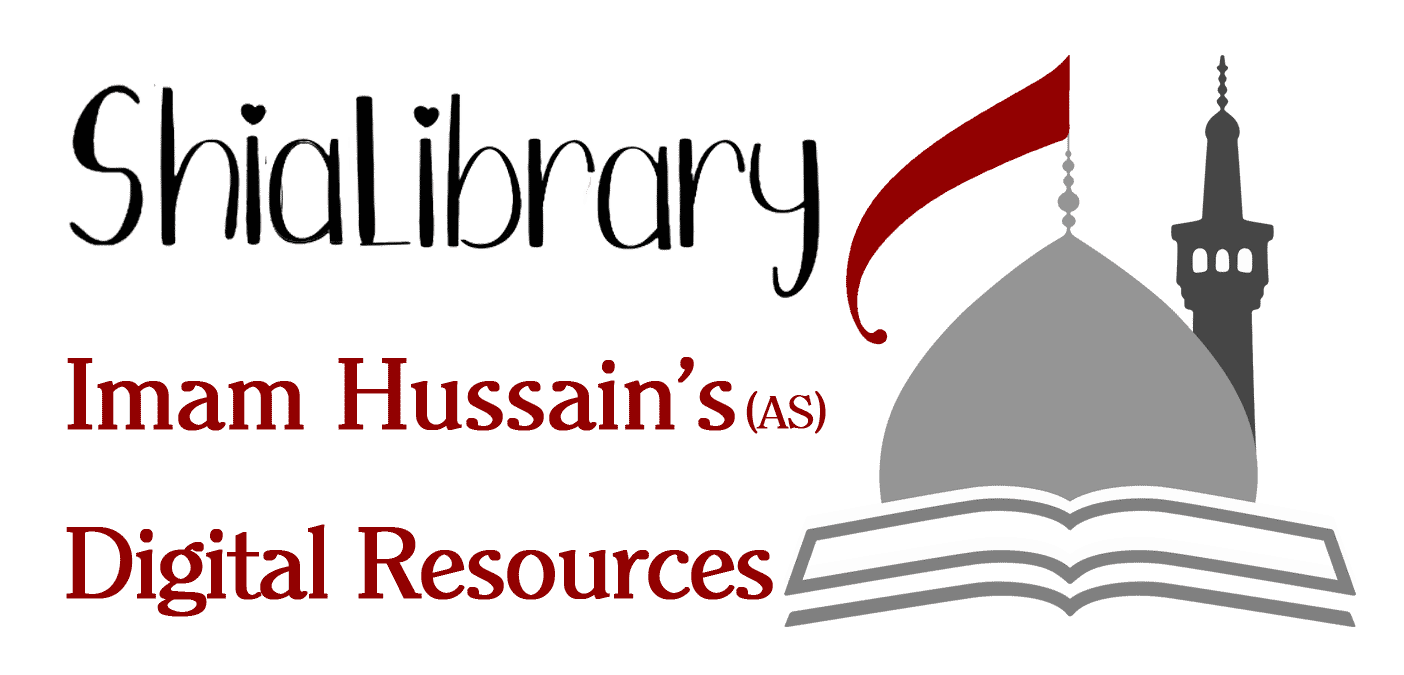اعلامیه 1990 قاهره پیرامون حقوق بشر در اسلام » نقدی بر خلأ مبانی یا سایۀ سنگین الگوی غربی؟
چکیده: Human rights in the international arena are roughly a well-known concept that seems to have passed the philosophical struggles over its foundations and embodied in the dispersed examples in actual international human rights documents. The philosophical foundations of human rights from the point of view of Islam, emphasizing the need to establish a link between “Is” and “Ought”, is completely different from the West, and it is necessary to pay attention to both its material and spiritual aspects. The Cairo Declaration of 1990, as part of the Islamic Charter of Human Rights, despite efforts to include materials that reflect Islamic law, is passively influenced by Western human rights patterns and does not reflect specific Islamic rights. The present article, through a descriptive-analytic method, and by means of content analysis, aims to illustrate the fundamental differences between Islam and the West in terms of human rights and to introduce an objective and accessible model in this subject. حقوق بشر مفهوم تقریباً شناخته شده ای در عرصه بینالمللی است که دوران جدال فلسفی پیرامون مبانی را سپری کرده و در قالب مصادیق پراکندۀ مندرج در اسناد حقوق بین الملل بشر امروزی تبلور یافته است. مبانی فلسفی حقوق بشر از منظر انسان، کاملاً متفاوت از «ِ باید » و « هست » اسلام، با تأکید بر لزوم ایجاد پیوند میان غرب بوده و توجه به هر دو بعد مادی و معنوی آن ضروری است. به زعم بسیاری از منتقدان، اعلامیه 1990 قاهره به مثابه سند مکتوب حقوق بشر در اسلام و بخشی از منشور حقوق بشر اسلامی، آنگونه که باید و شاید فلسفه اسلامی حقوق بشر را منعکس نکرده است. این سند دارای محتوایی منفعلانه و متأثر از الگوهای حقوق بشر غربی است و چندان بیانگر حقوق خاص اسلامی نیست. تحقیق حاضر با استفاده از شیوه توصیفی تحلیلی و به کارگیری تحلیل محتوا می کوشد ضمن تبیین تفاوتهای بنیادین اسلام و غرب در نگاه به انسان، الگوی عینی و در دسترس برای تفکر اسلامی معرفی کند

مشخصه ی(URI): http://shialibrary.net/ihdl/handle/110/21881
موضوع: law thesis of Imam Sajjad
زیرمجموعه
:
| contributor author | کوثری، وحید | fa |
| contributor author | مشهدی، علی | fa |
| contributor author | سلمان نوری، مهسا | fa |
| date accessioned | 2025-03-15T09:24:27Z | |
| date available | 2025-03-15T09:24:27Z | |
| identifier uri | http://hdl.handle.net/110/21881 | |
| description abstract | Human rights in the international arena are roughly a well-known concept that seems to have passed the philosophical struggles over its foundations and embodied in the dispersed examples in actual international human rights documents. The philosophical foundations of human rights from the point of view of Islam, emphasizing the need to establish a link between “Is” and “Ought”, is completely different from the West, and it is necessary to pay attention to both its material and spiritual aspects. The Cairo Declaration of 1990, as part of the Islamic Charter of Human Rights, despite efforts to include materials that reflect Islamic law, is passively influenced by Western human rights patterns and does not reflect specific Islamic rights. The present article, through a descriptive-analytic method, and by means of content analysis, aims to illustrate the fundamental differences between Islam and the West in terms of human rights and to introduce an objective and accessible model in this subject. | en |
| description abstract | حقوق بشر مفهوم تقریباً شناخته شده ای در عرصه بینالمللی است که دوران جدال فلسفی پیرامون مبانی را سپری کرده و در قالب مصادیق پراکندۀ مندرج در اسناد حقوق بین الملل بشر امروزی تبلور یافته است. مبانی فلسفی حقوق بشر از منظر انسان، کاملاً متفاوت از «ِ باید » و « هست » اسلام، با تأکید بر لزوم ایجاد پیوند میان غرب بوده و توجه به هر دو بعد مادی و معنوی آن ضروری است. به زعم بسیاری از منتقدان، اعلامیه 1990 قاهره به مثابه سند مکتوب حقوق بشر در اسلام و بخشی از منشور حقوق بشر اسلامی، آنگونه که باید و شاید فلسفه اسلامی حقوق بشر را منعکس نکرده است. این سند دارای محتوایی منفعلانه و متأثر از الگوهای حقوق بشر غربی است و چندان بیانگر حقوق خاص اسلامی نیست. تحقیق حاضر با استفاده از شیوه توصیفی تحلیلی و به کارگیری تحلیل محتوا می کوشد ضمن تبیین تفاوتهای بنیادین اسلام و غرب در نگاه به انسان، الگوی عینی و در دسترس برای تفکر اسلامی معرفی کند | fa |
| language iso | الفارسية | ar |
| language iso | Persian | en_US |
| language iso | فارسی | fa |
| title | اعلامیه 1990 قاهره پیرامون حقوق بشر در اسلام » نقدی بر خلأ مبانی یا سایۀ سنگین الگوی غربی؟ | fa |
| type | مقاله | |
| type | بحوث و مقالات | ar |
| type | Article | en_US |
| journal title | مطالعات حقوق بشر اسلامی | fa |
| source Database | ISC | |
| contenttype | فقط بيانات | ar |
| contenttype | Metadata Only | en_US |
| contenttype | فراداده | fa |
| subject keywords | law thesis of Imam Sajjad | en_US |
| subject keywords | the 1990 Cairo Declaration | en_US |
| subject keywords | Nature (Fitrat) | en_US |
| subject keywords | “Is” | en_US |
| subject keywords | “Ought” | en_US |
| subject keywords | Human Rights | en_US |
| subject keywords | حقوق بشر | fa |
| subject keywords | اعلامیه قاهره | fa |
| subject keywords | فطرت انسان | fa |
| subject keywords | « باید » و « هست » | fa |
| subject keywords | رساله امام سجاد(ع) | fa |
| year publication | 1399 | |
| source Onlinelink | https://search.isc.ac/DL/Lend%20Service/LendService/Get_TitleSearchResultDetail.aspx?DTC=8&DC=1201403 | |
| pages | 18 |
